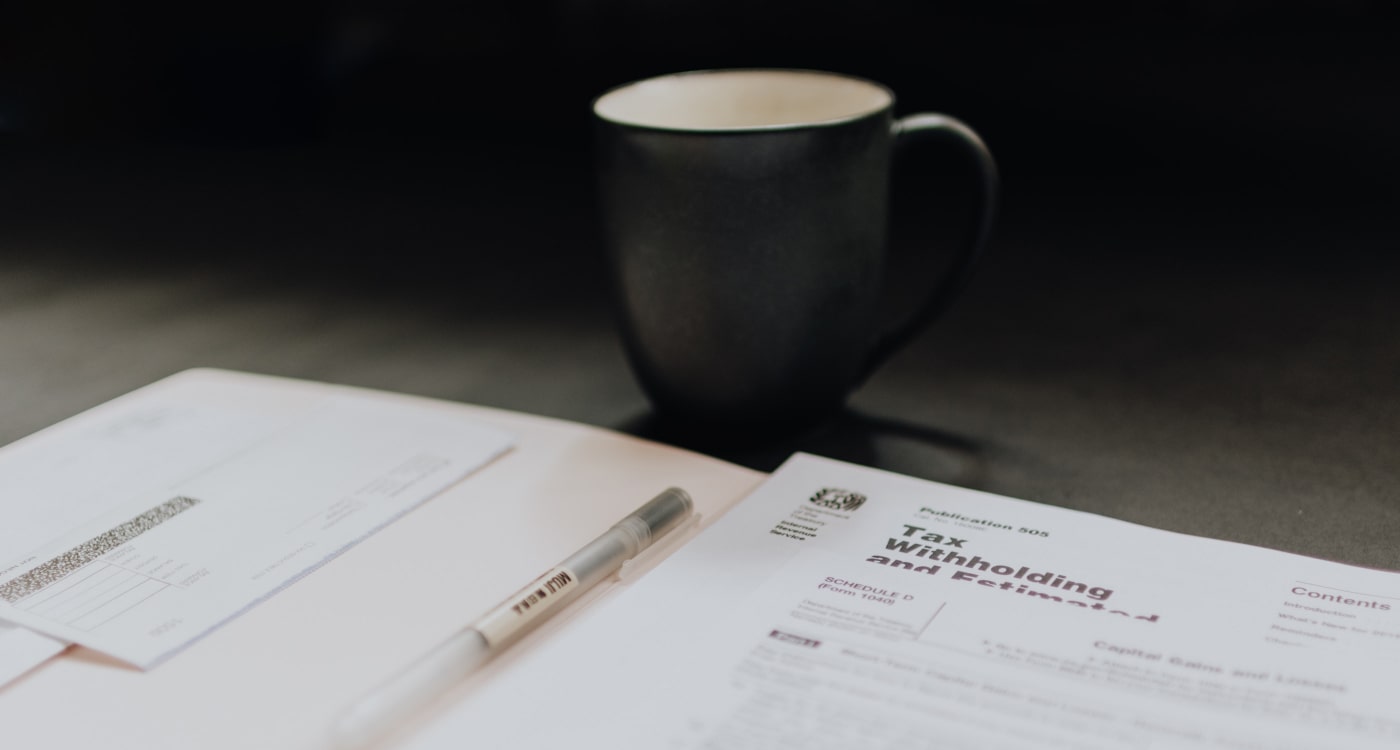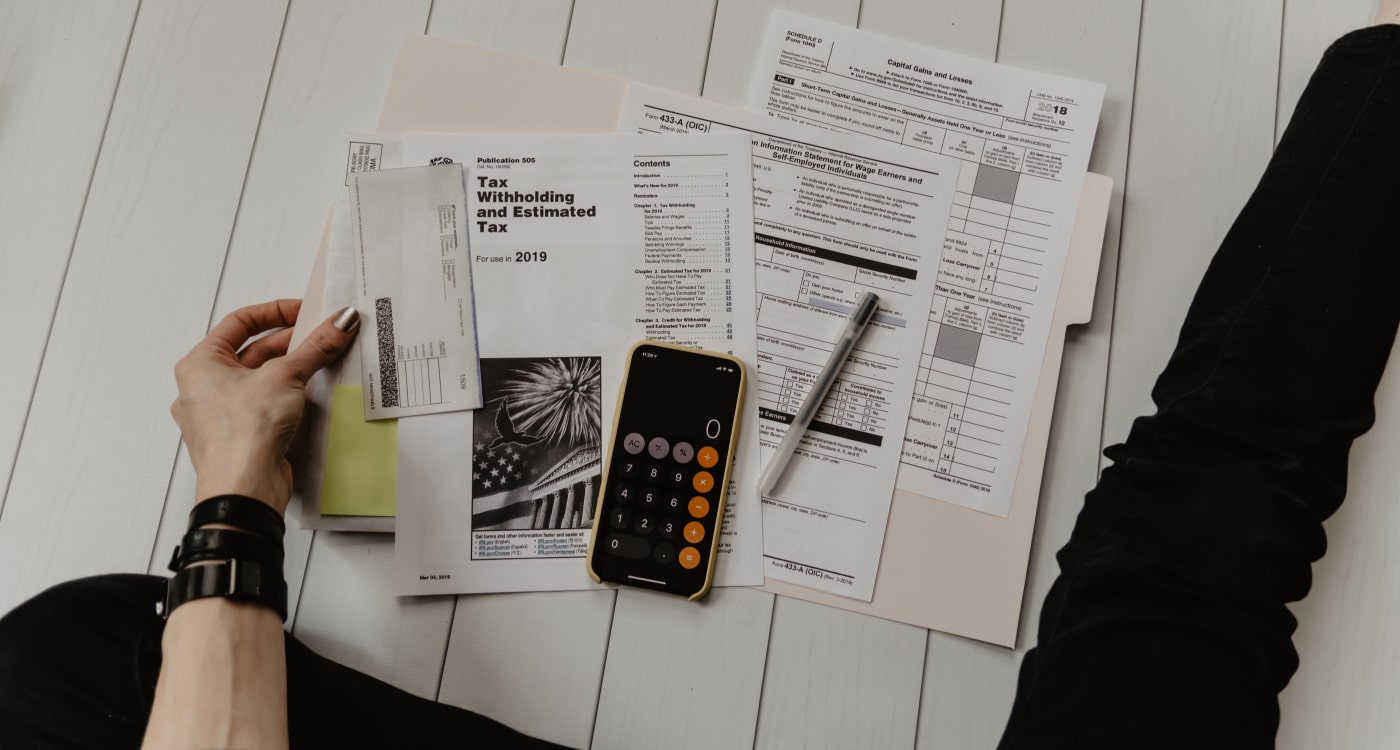Superannuation is a familiar concept to most. But are you aware of the conditions under which you can access your super for your retirement?
Jump straight to…
- Superannuation is a familiar concept to most. But are you aware of the conditions under which you can access your super for your retirement?
- When Can You Access Your Super?
- What’s Your Preservation Age?
- Taking Out Your Super as a Pension vs Lump Sum
- Accessing Your Super Early
- Using Super to Access Home Ownership
- How Does Accessing Your Super Affect You?
- Exploring Different Ways to Access Your Super
- My Money Sorted: Expert Superannuation Guides and Tips
Every hardworking individual in Australia has the right to achieve financial wellness during retirement.
One fundamental way to grow wealth in your later years is to set aside a portion of your income to superannuation.
Every employer must follow the Superannuation Guarantee, which involves putting 10 percent of your gross income into your super account.
Superannuation is necessary since the Age Pension only covers your basic needs throughout your retirement, so super provides enough funds to boost your savings and ensure you can enjoy life after work.
But considering superannuation is a form of long-term investment, you need to meet conditions before you can access your account prior to retirement.

When Can You Access Your Super?
If you want to access your super, you have to satisfy certain conditions of release, such as the following:
- Preservation Age: The earliest age that you can access your super, which depends on your birthdate.
- Transitioning to Retirement: This rule allows you to access your super while working. When you’ve reached preservation age, the transition to retirement makes it possible to lower working hours without affecting your income stream. This is a great plan for those who want more time to prepare for retirement.
- Reaching Certain Ages: Super payments can be accessible tax-free so long as you’re 60-years-old, even if you choose to continue to work to boost your financial stability. Of course, individuals who are 65 or older have the right to access their super account even if they’re not yet retired.
What’s Your Preservation Age?
Here is a chart you can follow to determine your preservation age:
| Birthdate | Preservation Age |
| Before 1 July 1960 | 55 |
| 1 July 1960 — 30 June 1961 | 56 |
| 1 July 1961 — 30 June 1962 | 57 |
| 1 July 1962 — 30 June 1963 | 58 |
| 1 July 1963 — 30 June 1964 | 59 |
| On or after 1 July 1964 | 60 |
Reaching your preservation age gives you access to your super. On the other hand, accessing your super before turning 60-years-old means you have to pay taxes no matter whether you choose to take your super through pension or a lump sum.
Taking Out Your Super as a Pension vs Lump Sum
After years of working hard to grow your super, you may be wondering what’s the best way to access and enjoy your hard-earned savings.
Generally, you can take your super in two ways: as a lump sum or through your pension, or you could do a combination of both to maximise your super.
- Taking Out Your Super as a Lump Sum: It can be exciting to get all your superannuation in one lump sum since it gives you access to all of your wealth, which leaves you with plenty of financial flexibility to pay for any outstanding debts or make large purchases.
It is also a great way to make investments to support your journey to financial independence, but there may be some tax implications involved if you plan to access your super under 60-years-old.
Meanwhile, you don’t have to worry about paying any taxes on your lump sum when you are over 60-years-old, but any investments you make can be taxable depending on where you put them. While you have greater control over your lump sum payment, there is also a higher risk of running out of super too soon. - Taking Out Your Super through Regular Pension Payments: One of the wiser choices to ensure your super can protect your family financially even after you’re gone is to go for regular pension payments, which give access to your super through monthly payments.
Opting for regular pension payments can mitigate the risk of overspending associated with a lump sum, plus a pension account can be accessible by your spouse. In the event of your untimely death, your pension payments can still provide for your family for years to come.
There is also a risk of losing your pension if your company is struggling financially and can no longer afford to pay its retirees. This rarely happens, though it’s worth considering the risk if you know your company is in a volatile state.
Accessing Your Super Early
If you have not yet reached your preservation age but still want to have early access to your super, you can do so if you satisfy one of the following conditions of release:
- Compassionate Grounds – So long as you’re a citizen or permanent resident in Australia, the Australian Tax Office (ATO) may grant access to the early release of your super for the following reasons:
- Medical Treatment and Transport – If you are going through a long-term, life-threatening illness or injury, the ATO can exemplify you from the standard conditions of release and allow early access to your super.
- Mortgage Payments – If you are struggling to complete your mortgage obligations and risk losing your home due to the missed payments, then the ATO can help assist with your home loan payments using your super.
- Home or Vehicle Modifications – If you have a chronic illness or severe disability and need to modify your home and vehicle to improve your quality of life, then you can access your super to finance your necessary modifications.
- Palliative Care, Disability Aids, or Funeral Expenses – If you are paying for expenses involving palliative care for a terminal illness, disability aids, or death of a loved one and its associated expenses, you can use your super to cover these fees.
- Medical Treatment and Transport – If you are going through a long-term, life-threatening illness or injury, the ATO can exemplify you from the standard conditions of release and allow early access to your super.
- Terminal Medication Condition – As mentioned above, your super can be accessible even if you have not yet reached your preservation age if you have to pay for any medical bills and long-term care associated with a terminal condition.
The ATO will consider it to be a terminal condition if you meet the following conditions:
- At least two registered medical practitioners confirm that you are suffering a terminal illness or injury that can result in your death within 24 months.
- At least one of the two registered medical practitioners should specialise in your area of care.
- The 24-month certification period signed by the registered medical practitioners is still ongoing.
Seeing as this condition involves paying for a terminal illness or injury, the only mode of payment to access your super will be as a lump sum.
So long as you withdraw your super within the 24-month period of certification, your super will be tax-free.
However, if your super fund does not allow you to access your super due to a terminal medical condition, you have the right to make a claim or move your super to a different fund.
- Severe Financial Hardship – Unexpected struggles can put a wrench in your retirement plans, so if you’re suddenly dealing with severe financial hardship, then you should know that accessing your super is possible.
However, the ATO will not be the one to grant early access – you will need to contact your super provider to withdraw your super.
Your super provider will only consider you eligible for early access if you meet the following requirements:
- You are eligible to receive your super up to $10,000 for 2020-21 if you are given government income support payments from the Department of Human Services (DHS) for the past 26 consecutive weeks;
- You can no longer provide for your family living expenses;
Keep in mind that while you can withdraw due to severe financial hardship, it will be taxed as a super lump sum. This means the tax will be between 17 to 22 per cent, but you can access your super without paying taxes if you are over 60-years-old. Since it will be taken as a lump sum, note that you can only withdraw once within 12 months.
- Temporary Incapacity – If you cannot continue your work or need to reduce the hours due to a temporary disability, then you can use your super to aid your income stream throughout your recovery. This can also be paired with your access insurance benefits, but the super withdrawal will be taxed as a super income stream.
Similar to accessing your super through severe financial hardship, you will need to consult with your super provider to withdraw early.
If you don’t have any insurance benefits linked to your super account, you can also consult with your super provider to ask whether you are eligible for a severe financial hardship instead.
- COVID-19 – In response to the impact of the pandemic, individuals were able to access the early release of their super up to $10,000 between 19 April 2020 to 31 December 2020 as an attempt to financially aid people from the sudden economic downturn caused by COVID-19.
The super program ended on 31 December 2020, so you can no longer send any applications to access the COVID-19 early superannuation program.
Using Super to Access Home Ownership
Settling down in a home you can call your own is a dream of any working individual, and while there are plenty of home loan programs that can make homeownership possible to anyone, there is a new government scheme that can fill in the gaps.
This is known as the First Home Super Saver (FHSS) scheme, an Australian government initiative that allows you to set aside a portion of your super as a deposit for your first residential property purchase.
This is created to ease the pressures of the housing market and help first-time homebuyers grow their savings and unlock the home of their dreams.
You can access contributions up to a maximum of $15,000 from any financial year or a total of $30,000 across all years. Note that these contributions must be voluntary, which means that your employer is not responsible for putting your home deposit in your FHSS savings.
How Does Accessing Your Super Affect You?
If you decide to access your super early, then it’s worth noting that it will also impact other income sources during your retirement. The Age Pension rate, in particular, will see the most changes.
For instance, you can increase your Age Pension payments if you use a portion of your super to obtain a Lifetime Pension. Lifetime Pension offers money-back protection and provides a steady stream of income for you and your spouse’s life.
On the other hand, early withdrawal of your super also has several tax implications, though it depends on the payment type, age, and the associated taxes with your mode of payment.
As mentioned in the article, anyone who is 60-years-old or over can access their account tax-free, while those under the preservation age will be taxed 20 percent. Consequently, those within the preservation age of up to 59-years-old may be taxed 15 per cent.
Exploring Different Ways to Access Your Super
Superannuation is designed to support you in retirement. While there are standard conditions for accessing your super, there may be other situations wherein you’ll need to withdraw before you reach the ideal retirement age.
These different conditions have various tax implications, payment conditions, and eligibility requirements, so it’s important to explore your options and choose the right way to ensure you can live your retirement the way you want.
My Money Sorted: Expert Superannuation Guides and Tips
My Money Sorted can help take the guesswork out of your finances as we offer a wide range of services that are dedicated to improving your money management in more ways than one.
From financial planning, budgeting tips, business management, personal loans, mortgage, and how to set up superannuation, our team can crunch the numbers for you in a way that is tailored to your unique situation.
No matter your stage in life, My Money Sorted can help simplify your money-related decisions moving forward by providing you with personalised insights to improve your financial literacy. Register your interest in our advice partner services today and see what we can do to push you closer to your financial dreams.

The more we do to maximise and grow your super today, the more financial freedom you’ll have in years to come find out how a financial planner or adviser can help you with this and more
Track your Super








